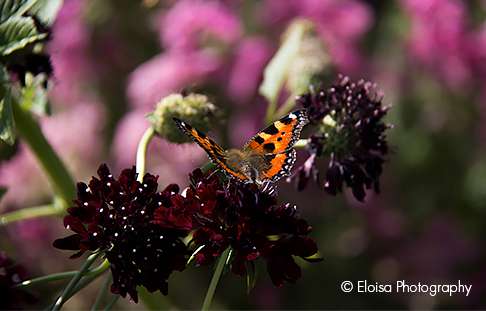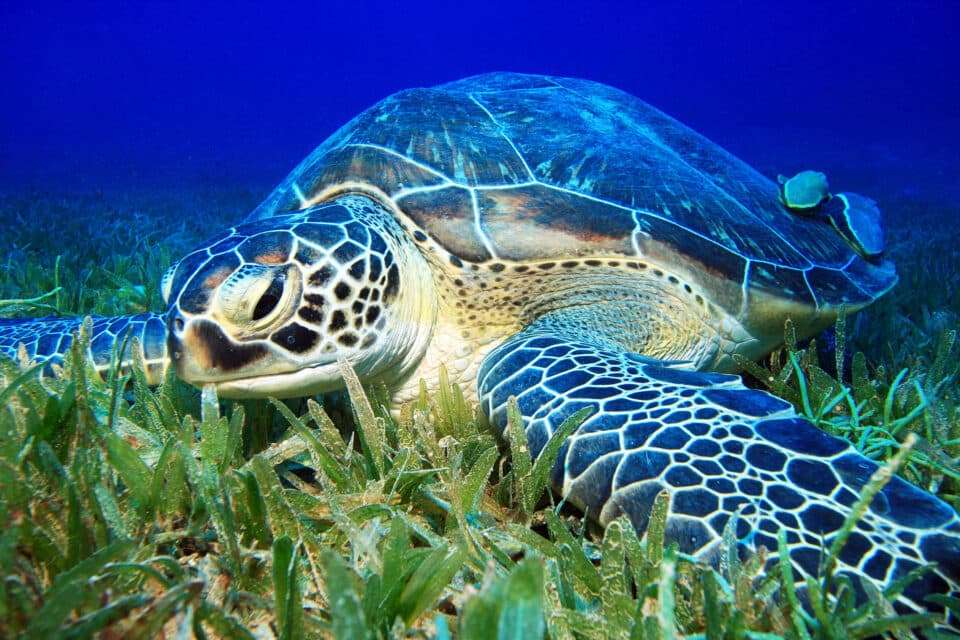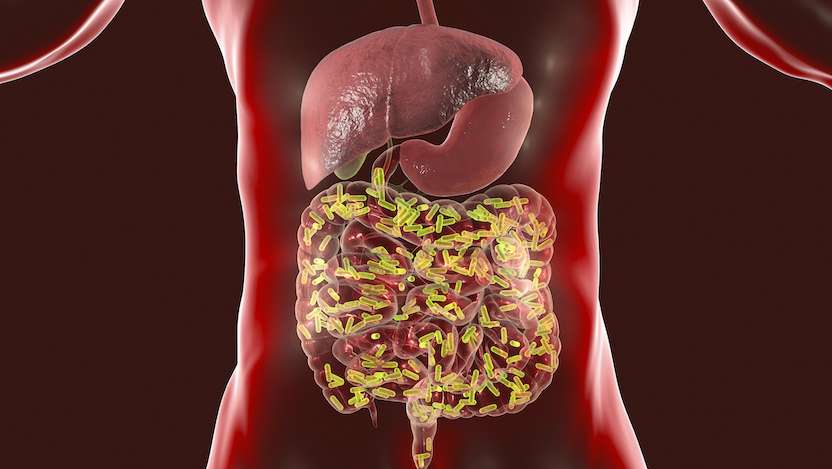Living a healthy life can feel like navigating a labyrinth. We’re bombarded with conflicting information, unrealistic expectations, and fad diets disguised as quick fixes.


Living a healthy life can feel like navigating a labyrinth. We’re bombarded with conflicting information, unrealistic expectations, and fad diets disguised as quick fixes.

The integration of nanotechnology with advanced sensing techniques has revolutionized insecticide detection, offering unparalleled sensitivity and rapidity. By leveraging nanomaterials such as carbon nanotubes and gold nanoparticles, researchers have developed biosensors capable of detecting insecticides at incredibly low concentrations. Furthermore, the synergy of nanotechnology with microfluidics and 3D printing has enabled the creation of portable, cost-effective devices for on-site detection. These innovations hold immense promise for environmental monitoring, agricultural sustainability, and public health protection, driving towards safer and more efficient pest management strategies.

Our planet – the only home we have – is at a breaking point. Two-thirds of our Earth’s oceans and three-quarters of its land have been significantly damaged by human activities. The rate of extinction is accelerating at an alarming pace, with estimates suggesting up to one million species could vanish by 2050. This translates to an extinction rate potentially hundreds of times faster than what the planet has witnessed over the last 10 million years. According to insurer Swiss Re, one-fifth of all nations could face complete ecosystem collapse due to the destruction of wildlife and their habitats – resources upon which we ourselves depend for survival.

Warming oceans are triggering a cascade of ecological changes, with new threats emerging for vital marine ecosystems. This article explores a recent study highlighting the danger that tropical herbivores pose to subtropical seagrass meadows.

In the ongoing battle to combat Earth’s biodiversity loss, protected areas stand out as one of the most significant achievements of conservation efforts in the 21st century. These areas, established on both land and sea, serve as essential defenses against the relentless encroachment of human activity on natural habitats. However, as we delve deeper into the complexities of conservation, it becomes evident that the mere existence of these protected zones does not guarantee their effectiveness.

The human gut is a bustling metropolis, teeming with trillions of microscopic residents. This intricate ecosystem, known as the gut microbiome, plays a critical role in our overall health, impacting digestion, immune function, and even mental well-being. However, new research suggests a concerning trend: people in industrialized societies may be losing crucial players in this microscopic orchestra, leading to a potential decline in gut health.